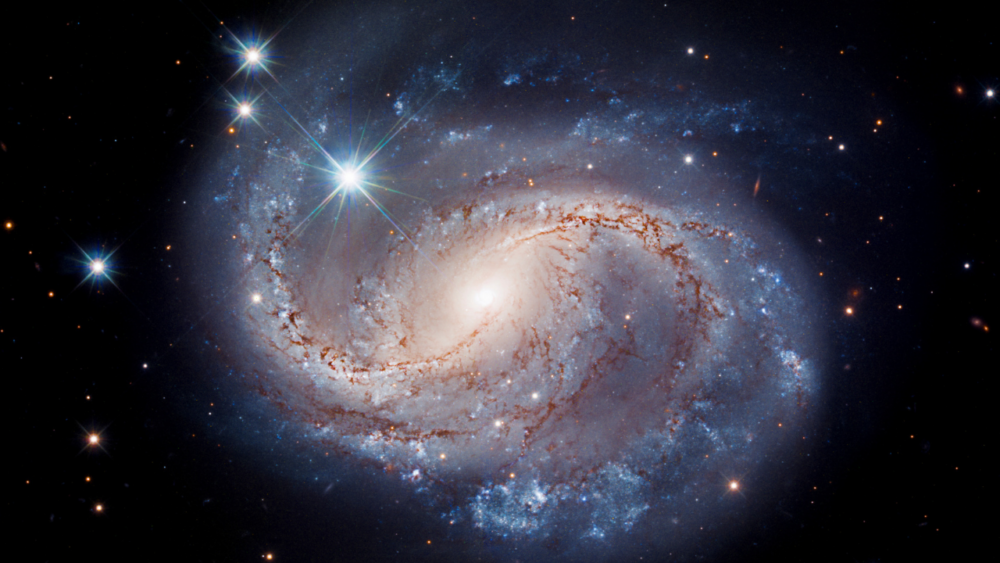

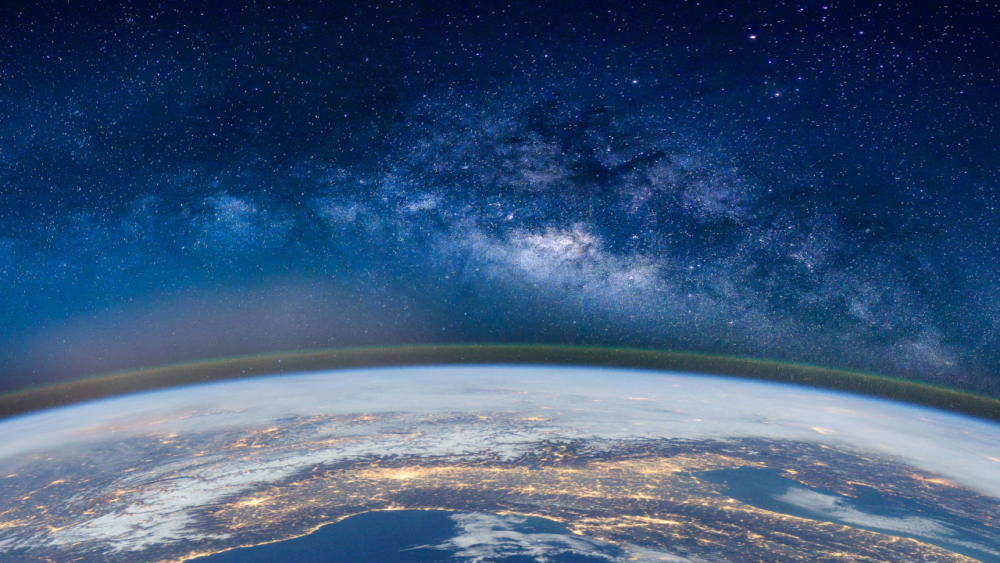
Guillermo Gonzalez on 20th Anniversary Edition of The Privileged Planet
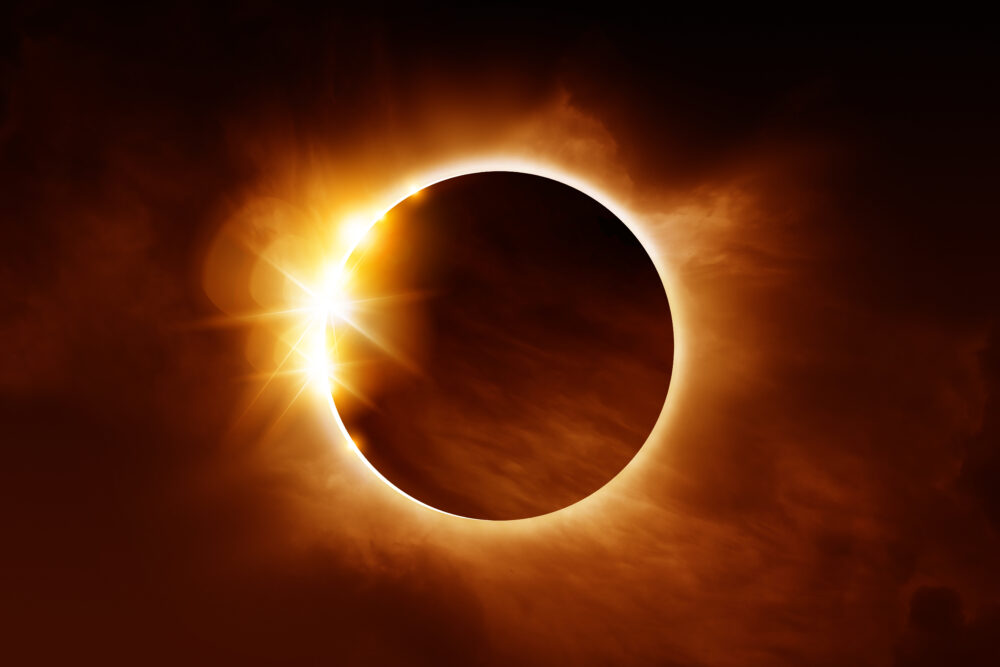
Astronomer Guillermo Gonzalez Reads His Solar Eclipse Poem “Totality”
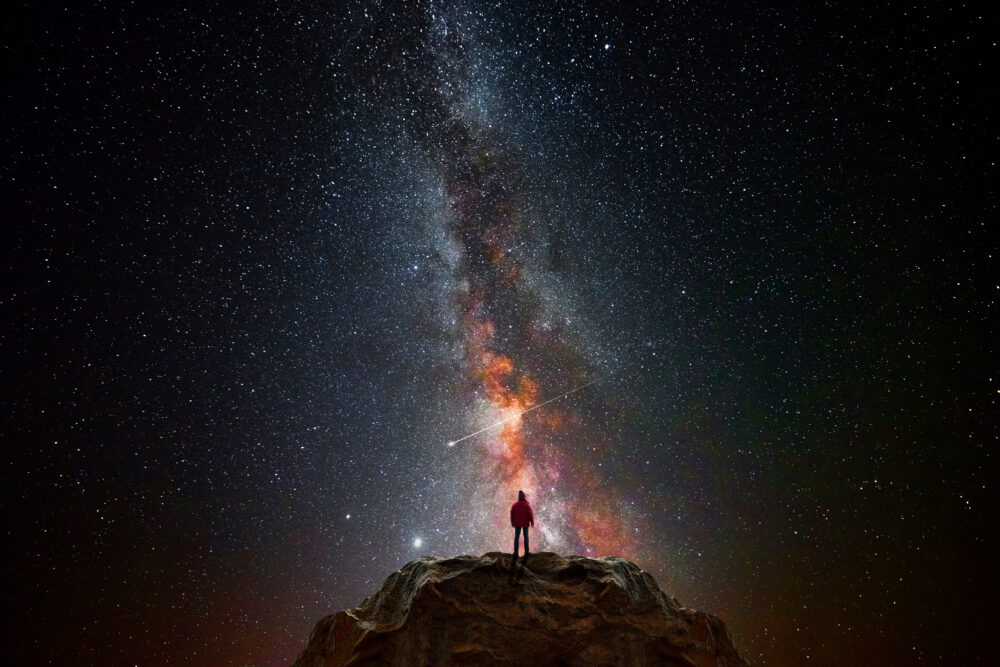
A Reading From The Farm at the Center of the Universe
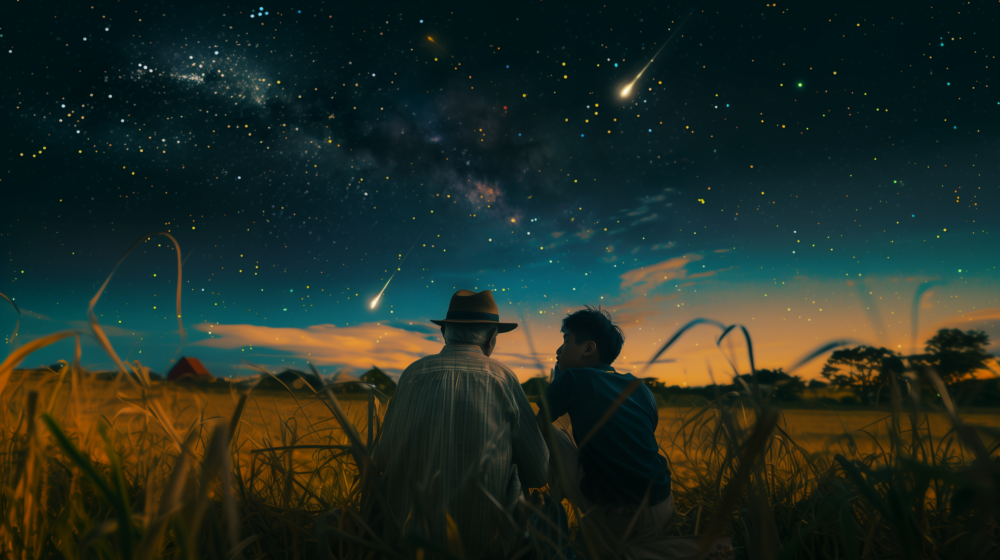
New Novel Invites Teens to Ponder our Privileged Planet

Carl Sagan Wrong about “Pale Blue Dot,” Says Astrobiologist
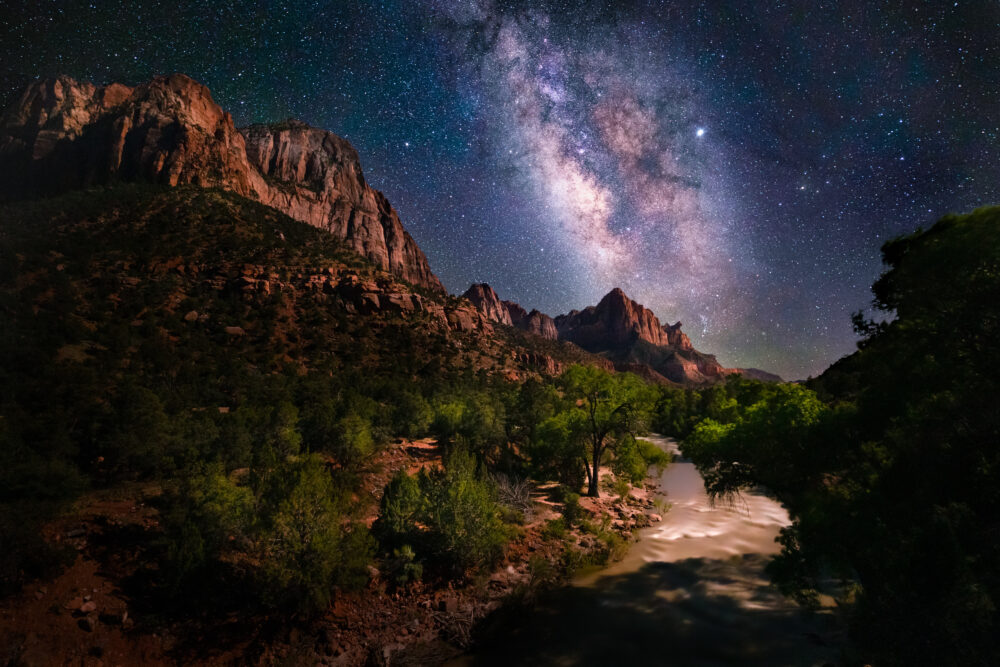
A Privileged Place for Life and Discovery
On this ID the Future host and geologist Casey Luskin continues his conversation with astrobiologist Guillermo Gonzalez about the many ways Earth’s place in the cosmos is fine tuned for life. In this second half of their conversation, Gonzalez zooms out to discuss the galactic habitable zone and the cosmic habitable age. Luskin says that the combination of exquisite cosmic and local fine tuning strongly suggests intelligent design, but he asks Gonzalez whether he thinks these telltale clues favor theism over deism? That is, does any of the evidence suggest a cosmic designer who is more than just the clockmaker God of the deists who, in the words of Stephen Dedalus, “remains within or behind or beyond or above his Read More ›

The Problem of Earth Privilege: It’s Getting Worse
On today’s ID the Future, astrobiologist Guillermo Gonzalez, co-author of The Privileged Planet, provides a rapid survey of some of the growing evidence that Earth is finely tuned in numerous ways to allow for life. He draws a helpful distinction between local fine tuning and universal fine tuning. And he tells us about the many extra-solar planets astronomers have discovered in recent years and how all that new data continues to undermine the misguided assumption (encouraged by the misnamed “Copernican Principle”) that Earth is just a humdrum planet. Far from it, Gonzalez argues. The conversation is occasioned by Gonzalez’s essay in a newly released anthology, Science and Faith in Dialogue.
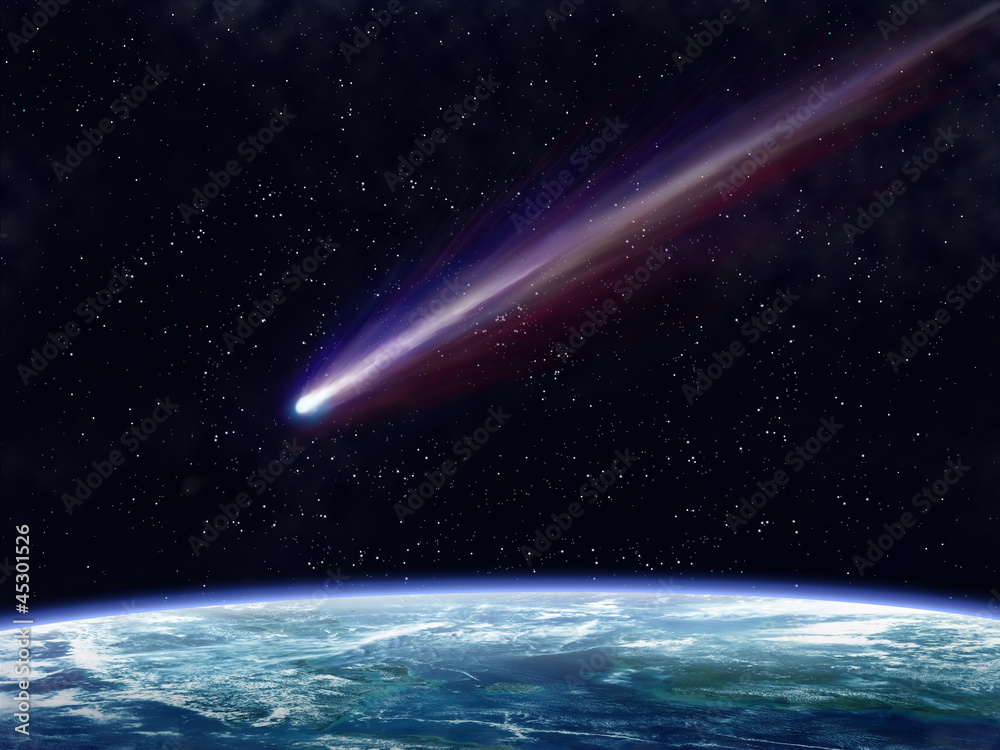
It Came from Outer Space? Astrobiologist: Not Likely
On today’s ID the Future astrobiologist Guillermo Gonzalez and host Casey Luskin discuss the idea of undirected panspermia. Gonzalez explains the basic idea and what the best current evidence says about its plausibility. The occasion is his chapter on panspermia in the new anthology A Comprehensive Guide to Science and Faith, co-edited by Casey Luskin, associate director of Discovery Institute’s Center for Science and Culture. Undirected panspermia is the idea that the first life on our planet came from outer space, carried by chance processes from a faraway living planet on space dust, asteroids, or comets either from within our solar system, or from another star system to here. The idea of panspermia was inspired by the extreme difficulty of Read More ›

Carl Sagan Wrong about “Pale Blue Dot,” Says Astrobiologist
On today’s ID the Future, astrobiologist Guillermo Gonzalez unpacks one of his chapters in the new book The Comprehensive Guide to Science and Faith, edited by episode host Casey Luskin. Gonzalez and Luskin look at how our atmosphere as well as the sun, moon, distance from our host star, and position in the Milky Way are all curiously fine tuned not only for life but also for allowing Earth’s human inhabitants to observe and discover things near and far about nature. It’s as if a master designer made the Earth not merely for life but for curious and intelligent beings. What about the fact that Earth is such a tiny part of a vast universe, a “pale blue dot” as Read More ›